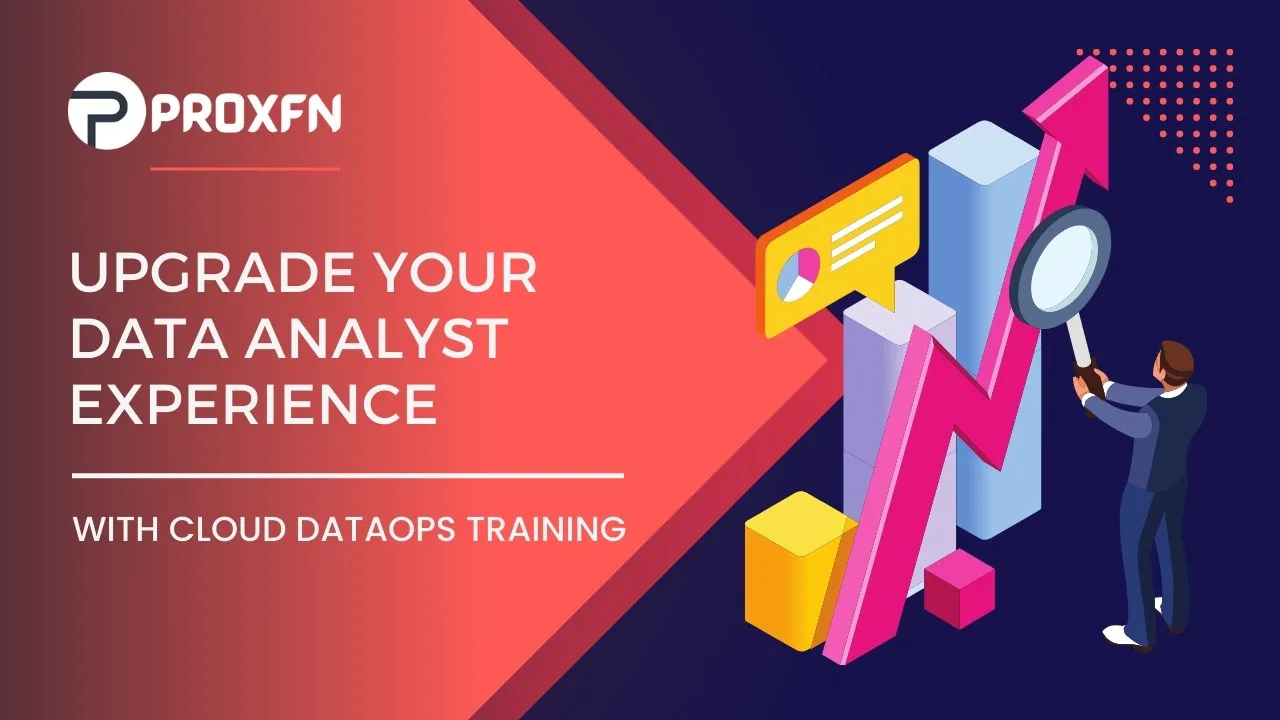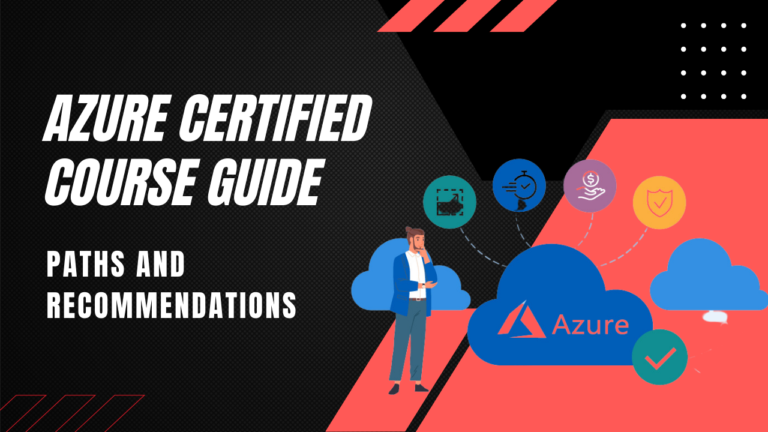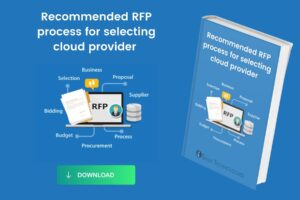The role of a data analyst has become increasingly crucial. Data analysts are responsible for extracting insights and valuable information from vast amounts of data, aiding businesses in making informed decisions.
As technology continues to evolve, data analysts must stay updated with the latest tools and methodologies to excel in their field.
One such advancement is Cloud DataOps training, a transformative approach that combines cloud computing and data operations to streamline the data analysis process.
In this article, we explore how Cloud DataOps training can enhance your data analyst experience and empower you to achieve new heights of success.
Understanding Data Analyst Training
Before delving into the specifics of Cloud DataOps training, it’s essential to grasp the fundamentals of data analyst training. Data analyst training programs equip individuals with the skills and knowledge required to effectively collect, analyze, and interpret data.
These programs cover various topics such as statistical analysis, data visualization, database management, programming languages, and more. By mastering these core competencies, data analysts can leverage data to generate actionable insights that drive business growth.
The Power of Cloud DataOps Training
Cloud DataOps training takes data analyst training to the next level by integrating cloud computing technologies and data operations methodologies. This innovative approach enables data analysts to harness the power of the cloud to enhance data storage, processing, and analysis capabilities. Here are some key benefits of embracing Cloud DataOps training:
1. Scalability and Flexibility
Cloud-based data operations provide unparalleled scalability and flexibility, allowing data analysts to handle large volumes of data effortlessly. Cloud platforms offer virtually unlimited storage capacity, eliminating concerns about data limitations.
Additionally, cloud infrastructure enables easy access to resources on-demand, empowering data analysts to adapt to evolving project requirements efficiently.
2. Real-time Data Processing
Cloud DataOps training emphasizes real-time data processing, enabling data analysts to work with live data streams and extract insights in real-time. This capability is particularly valuable in industries where timeliness is critical, such as finance, marketing, and e-commerce.
With Cloud DataOps, data analysts can uncover trends, detect anomalies, and respond promptly to emerging opportunities or threats.
3. Collaboration and Integration
Cloud DataOps promotes seamless collaboration and integration among data analysts and other stakeholders within an organization. By leveraging cloud-based tools and platforms, data analysts can easily share datasets, collaborate on analysis projects, and integrate their findings with other departments.
This collaborative environment fosters synergy and empowers data analysts to make cross-functional contributions.
4. Advanced Analytics and Machine Learning
Cloud DataOps training equips data analysts with the skills necessary to leverage advanced analytics and machine learning techniques. With access to powerful cloud-based tools and frameworks, data analysts can apply sophisticated algorithms, predictive models, and data visualization techniques to derive deeper insights from complex datasets.
These capabilities enable data analysts to uncover hidden patterns, make accurate predictions, and optimize decision-making processes.
How to Get Started with Cloud DataOps Training
If you’re eager to upgrade your data analyst experience through Cloud DataOps training, here are a few steps to get you started:
1. Research Training Programs
Begin by researching reputable training programs that offer comprehensive Cloud DataOps training. Look for programs that cover key concepts such as cloud computing, data management, data integration, and data analysis.
Ensure that the program aligns with your learning objectives and provides hands-on practical experience.
2. Choose a Cloud Platform
Familiarize yourself with popular cloud platforms such as Amazon Web Services (AWS), Microsoft Azure, or Google Cloud Platform (GCP). Each platform offers its unique features and services, so select the one that best suits your requirements.
Consider factors such as pricing, ease of use, integration capabilities, and available resources.
3. Hands-on Practice
To truly master Cloud DataOps, hands-on practice is crucial. Utilize cloud platforms and tools to work with real datasets, perform data transformations, conduct analyses, and visualize results.
Engage in practical exercises, projects, and case studies to reinforce your learning and gain practical experience.
4. Stay Updated
The field of data analysis and cloud computing is continuously evolving. Stay abreast of the latest trends, technologies, and best practices by following industry-leading publications, attending webinars and conferences, and engaging in online communities.
Networking with fellow data analysts and experts can also provide valuable insights and opportunities for professional growth.
Conclusion
Embracing Cloud DataOps training can revolutionize your data analyst experience and equip you with the skills and tools necessary to excel in today’s data-driven landscape.
The scalability, real-time processing, collaboration, and advanced analytics capabilities offered by Cloud DataOps training empower data analysts to extract valuable insights, drive innovation, and contribute significantly to their organizations’ success.
Invest in your professional growth and embark on a transformative journey with Cloud DataOps training today.





